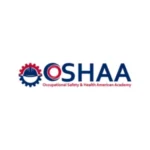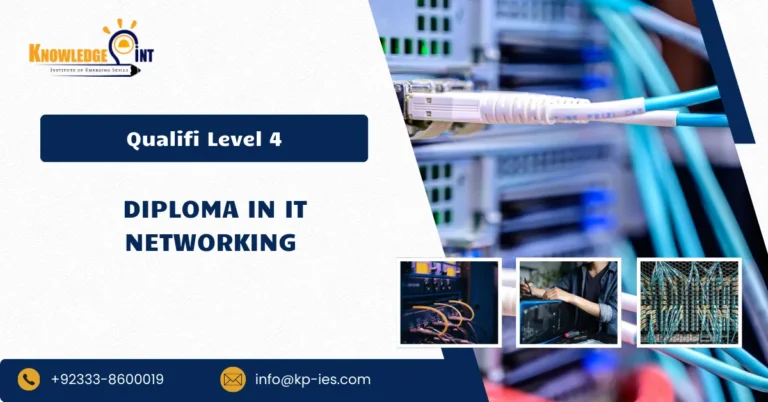OSHAA 30-Hours ISO 22000:2018
Food Safety Management System (FSMS) Lead Auditor
Awarding Body
OSHAA
Duration
30 Hours
Course Category
Lead Auditor
study mode
Online Learning
Course overview
In today’s highly regulated and competitive food industry, food safety is not merely a compliance requirement it is a fundamental responsibility that protects consumer health and safeguards brand reputation. To meet rising global expectations, organisations are increasingly adopting the ISO 22000:2018 Food Safety Management System (FSMS), an internationally recognised standard designed to identify, control, and prevent food safety hazards across the entire supply chain. For professionals seeking to advance their expertise in this critical field, the OSHAA 30-Hours ISO 22000:2018 FSMS Lead Auditor Course offers a comprehensive pathway to mastery.
This intensive training provides in-depth knowledge of ISO 22000:2018 requirements, integrating core food safety principles such as Hazard Analysis and Critical Control Points (HACCP), risk-based thinking, and continual improvement strategies. Participants gain practical auditing competencies, learning how to plan, conduct, report, and follow up on FSMS audits with confidence and precision. Real-world case studies and interactive exercises strengthen the ability to assess compliance, identify operational gaps, and recommend effective corrective actions.
A distinctive advantage of this course is its integration of occupational health and safety considerations within food production environments, ensuring a holistic approach to risk management. Upon completion, participants are well-prepared for career opportunities such as FSMS Lead Auditor, Food Safety Manager, Quality Assurance Professional, or Compliance Consultant. This certification positions professionals as trusted leaders capable of driving food safety excellence and organisational credibility in the global marketplace.

Approved Training centre of OSHAA
For OSHAA Qualifications

Entry Requirments
Entry Requirements for the OSHAA 30-Hours ISO 22000:2018 Food Safety Management System (FSMS) Lead Auditor:
- Educational Qualifications:Candidates should have a minimum of a secondary school qualification.
- Professional Experience:Prior experience in food production, food processing, catering, quality control, food safety management, or compliance roles is recommended.
- English Language Proficiency:Since the program is delivered in English, learners must show competence in reading, writing, and communication.
Course structure
The OSHAA 30-Hours ISO 22000:2018 Food Safety Management System (FSMS) Lead Auditor qualification consists of 7 mandatory units.






